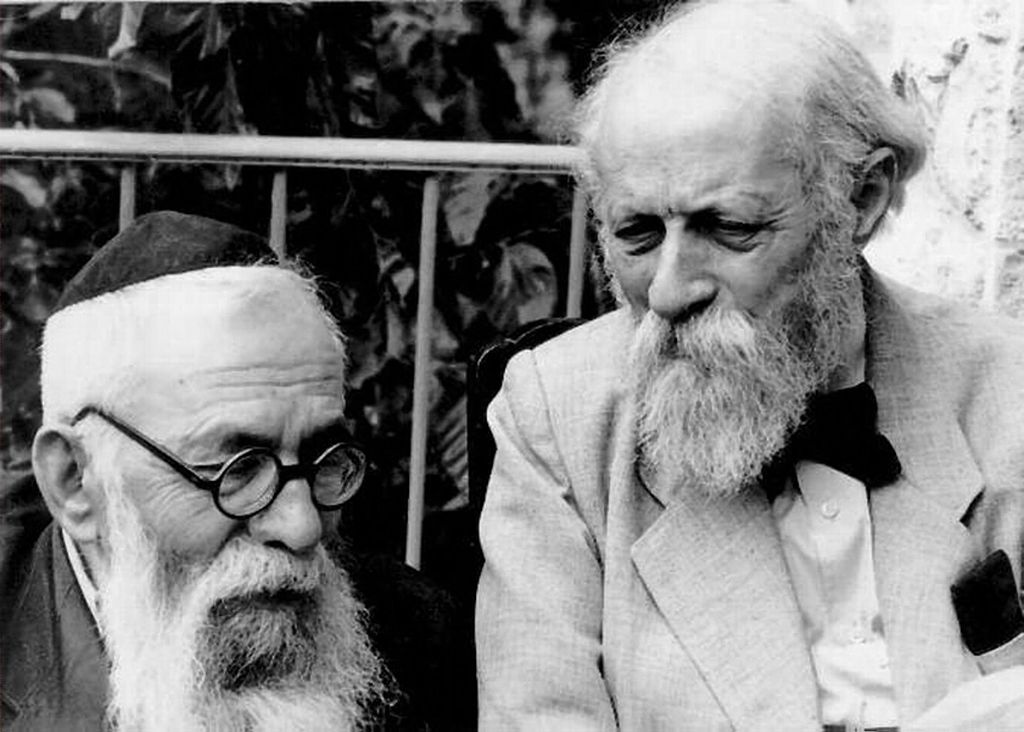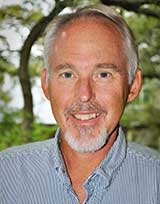
Martin Buber described two ways of relating, I-It or I-Thou. In I-It, we relate to the other as an object we can classify, compare, contrast or dissect. In I-Thou we encounter the other’s essence and experience the depths rather than the surface. I discovered recently how easy it is to drift into an I-It relationship and how challenging it is to make an I-Thou encounter.
I have been working with a talented group at Seminary of the Southwest to develop a marketing plan for our Master of Arts in Counseling guided by the Crump visiting professor Dr. Steven Tomlinson. He pushed us to see beyond the surface into the depths of marketing, beyond I-It to I-Thou.
In our first meeting, Steven asked questions to clarify why someone would choose the counseling degree at our seminary. Our list included reasons like affordable tuition, generous scholarships, and 100% pass rate on the National Counselor Exam. We were on a roll so we pressed on describing our nationally innovative Bishop Dena A. Harrison Fellows program that hires our graduates for paid internships in East Texas serving the poor.
Steven asked again. “What makes your program distinctive and who are your ideal students?” This time we reflected and started more slowly.
What emerged is the truth that we are unlike other MAs in counseling. We ask our students to learn both theology and counseling theory. Integration of these two disciplines is the golden thread that unites all we do. Students take the required State courses and classes in theology. Every counseling course includes both the scientific as well as the spiritual component. We ask much from our students.
During a longer pause, I wondered why anyone would enroll here if they could meet the State requirements from an easier program. The answer emerged from our group’s discussion of the ideal student. We believe our ideal student has a primary desire to be a healer. This aspect of counseling stands in contrast to the desire to be above all a scientist who studies mental health diagnoses. Healers also stand in contrast to those who simply want a job. Though these aspects of the profession are valid, the student who desires foremost to be a healer will get the most from this program. Healers come into an I-Thou relationship with the whole of a person to include his or her essence.
It took Steven several attempts to help us articulate the truth about ourselves. Our initial answer came from a place that wanted to compete with others. Eventually we explored our special giftedness. Afterwards I reflected on this process and wondered how much effort I put into comparing myself to others, missing the depths of what makes me unique and gifted.
So I leave you with these questions.
What makes you unique?
What is it that makes you wonderful for the people around you?
What is it that makes them unique and wonderful for you?
 Dave Scheider is the Director of the Loise Henderson Wessendorf Center for Christian Ministry and Vocation at Seminary of the Southwest. Prior to joining the faculty of Seminary of the Southwest, Dave served as an Army Chaplain for 25 years.
Dave Scheider is the Director of the Loise Henderson Wessendorf Center for Christian Ministry and Vocation at Seminary of the Southwest. Prior to joining the faculty of Seminary of the Southwest, Dave served as an Army Chaplain for 25 years.

